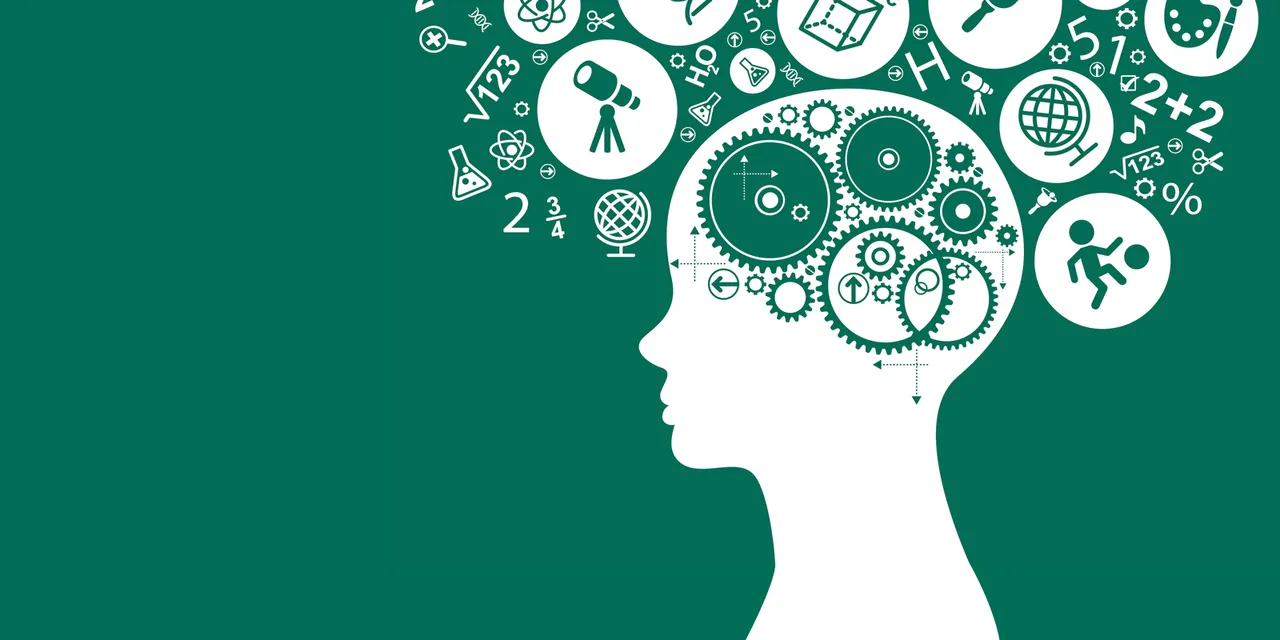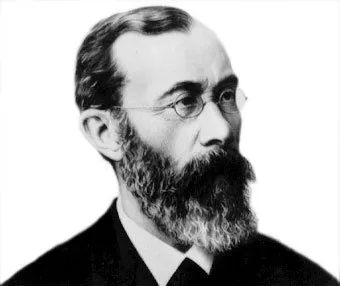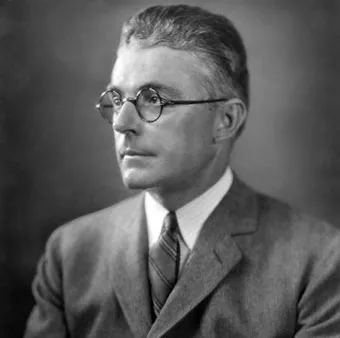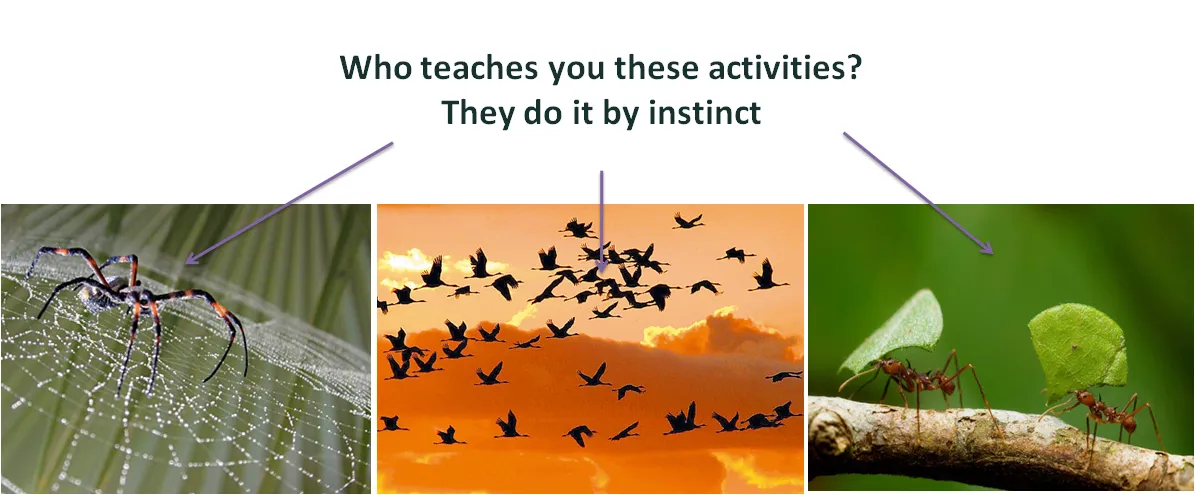Greetings again my beloved people of steemit, today I am willing to talk a little about the basic knowledge I have in psychology, the career that I am currently studying will share a bit of the history that this science has, and the methods that little by little give form and foundation to this discipline.

Psychology studies the behavior of the mental phases, its etymology comes from the Greek word "psyche" which means soul and "logos" as study for what is translated in the study of the soul [1], implies the analysis of observable behavior; such as physical activity, oral expression, and other mental processes such as perception, thought, memory and emotions.
Although in these biases the human being must be present, important research has been done through animals such as rats, pigeons and monkeys with the intention of knowing more about the human being by exploring the universe of the mind to solve concrete problems.

In 1879 WILHEM WUDT (1832-1920) the father of Psychology opened in Leipzig the first laboratory of experimental psychology in history. [2] defined this science as an independent and organized discipline which I approach from an objective focus, thus detaching it from philosophical currents that believed to dominate this subject, so that he wanted to study the mind of the human being through systematic mechanisms that could measure the activity of the conscience, his methodology was based on the perception and the sensation, for example the vision of the color, the number of seconds that we trace between the flash of the strong light and the eyelid of an individual, a work somewhat demanding for that time, but he was convinced that through these studies could lay the basis for knowledge of the secrets of the mind.

The Behaviorism published by Jhon B. Waston in 1913 was born from the school "behavioral" where they focused on what could really be observed, both in human and animal behavior, so their study is based on experimental procedures defined by an environment of stimuli-responses, thus determining the prediction of behavior, a simple methodology that it contemplates objective and manipulable variables, that is, the observable behavior or responses are analyzed given also observable stimuli.
Watson was based on scientific research, to give rise to behaviorism, in this direction the following postulates are proposed:
- The object of psychology must be based on observable facts, such as empirical data.
- The mental states lack objective characteristics, reason why can not be considered as a reason for scientific study.
- In the analysis of a behavior we can separate two elements: the environmental stimuli on a system and the response that it emits, so that these variables are observable and quantifiable.
- The behavior has implicit all the reactions that can be moderated.
- Psychological studies must have as main objective to describe the laws of behavior, whether they are of genetic origin or the result of individual learning.
- The behavior solidifies into habits.
- The behavior can be changed, so that psychology should look for the techniques by which to modify the behavior.
- The laboratory is the place for experimentation in humans and animals.
[3]
By virtue of what has already been mentioned, behaviorism contributed a more real and deterministic concept to the psychology that was being handled at that time, giving it a more formal air from a scientific point of view. One of the most important results of this approach at the level of education is the fact that learning manages to modify the behavior of the individual.

It emerges as an alternative to the limiting concept of behaviorism to see the mind as an impenetrable object, the cognitive psychology does not conform to the behavior stimulus-response of the human being but tries to understand how the The person's mind processes the information they perceive, that is, how they organize, remember and use that information.

This restlessness is illustrated in natural events such as when we see a spider weaving its niche, or a bird that releases worms inside its mouth for its chicks, and the columns of ants carrying crumbs to the anthill they call home, these actions are not activities aprendida but born of a series of programs known as "instinct" which guides the complex behavior and survival of species, as shown by the golondrina that does not stay at home but migrates every year to tropical areas, an activity that is a sign of genetic programming.
Unlike the human being we come to this world with a body that works, with a handful of reflections that are not learned but are involuntary responses to the stimulus, as when when we blink before a strong light or a breath of air, and we determine little to little our actions through a maturation program that processes behavior patterns produced by the interrelation between maturation and learning.
For example
A baby does not have the ability to control his bowels because his body and brain is not mature enough, but when we hear parents say that their child "has gone to the wash" we know that they are learning at what time to sit in the potty This is reflected through experience, knowledge or learning as study or practice.

Cognitive psychology studies the problems related to six structures:
- Attention: how information is received and processed
- Perception: transformation of sensory data into experiences
- Memory: storage, order and information retrieval
- Thought: reasoning to assimilate the information.
- Language: relationship between information compression and linguistic organization
- Learning: how cognitive concepts and skills are assimilated.
[4]
These studies and analyzes form the basis for the development of psychology which continues to evolve as other more complex aspects of the mind require deeper and more sophisticated methods, in my next post I will address basic and important issues that are part of this introduction to psychology, a science that studies and looks for solutions to personal problems that affect us all.
Reference:
source of the images 1, 2 and 3
